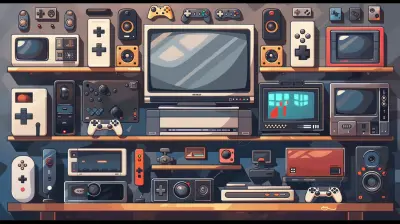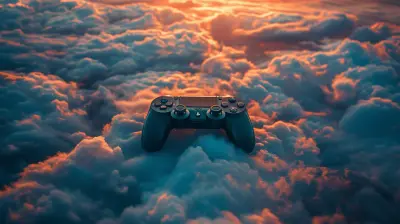From Script to Screen: The Journey of Game Voice Actors
18 July 2025
Video games have come a long way from the 8-bit bleeps and bloops of the 1980s. Today, they’re sprawling, cinematic experiences packed with stories that rival Hollywood blockbusters. And just like movies need actors to bring characters to life, video games rely on talented voice actors. But have you ever stopped to think about how that magic actually happens? What’s it like to go from script to screen in the world of game voice acting? Let’s break it down.

The Unsung Heroes of Gaming
Let’s be honest: when you think about video games, your mind probably jumps to graphics, gameplay, or maybe even that killer soundtrack. But voice acting? It's often overlooked—kind of like the bass guitarist in a rock band. Without it, the experience feels hollow, incomplete. Voice actors are the ones who breathe life into characters, making them feel real, relatable, and larger-than-life all at once.Picture this: would The Last of Us hit as hard if Joel and Ellie weren’t voiced so authentically? Would GTA V feel as gritty and chaotic without Trevor’s unhinged rants? Probably not. Voice actors are the emotional backbone of your favorite games, and their journey is anything but easy.
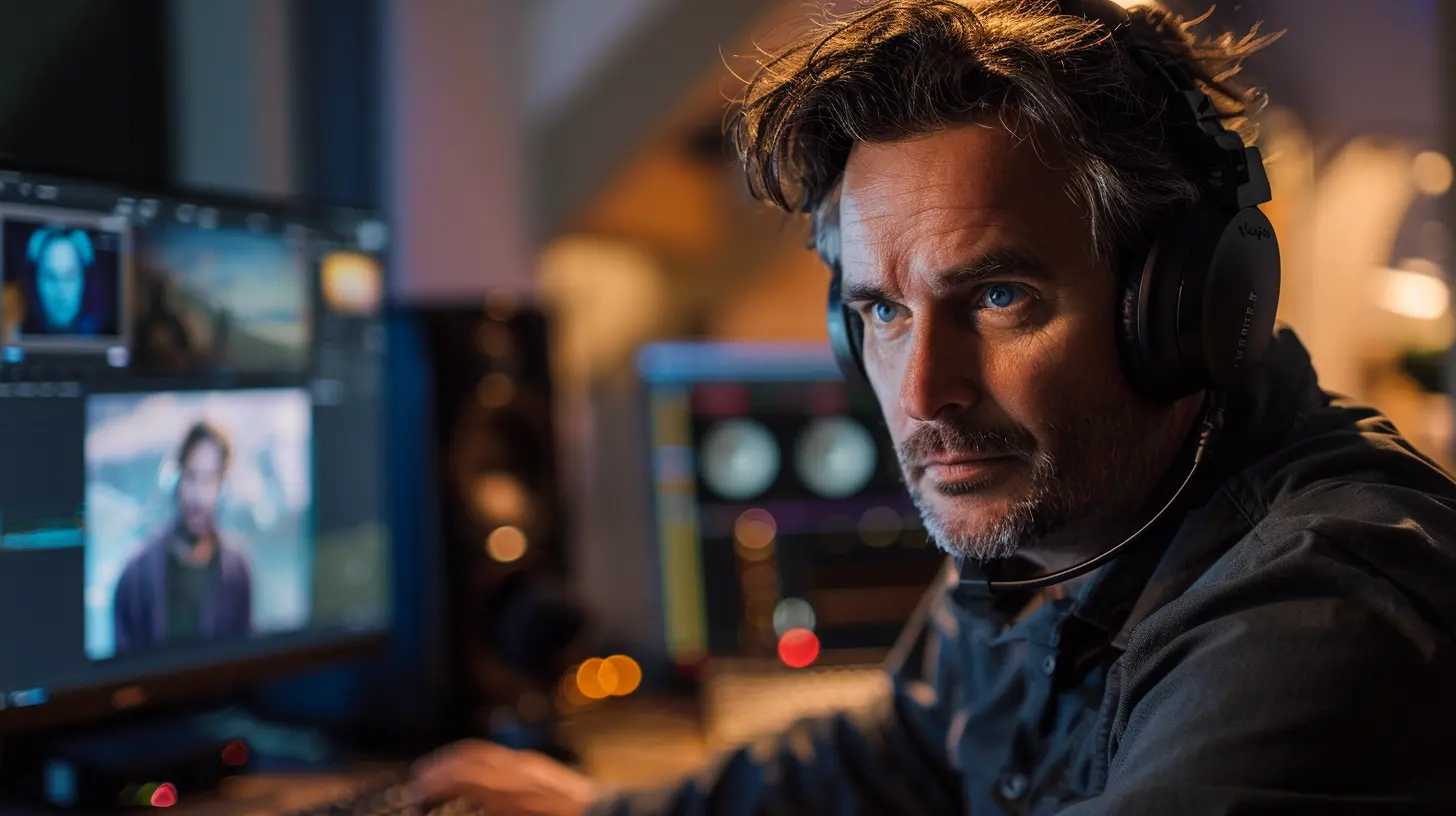
A Script, A Booth, And A Whole Lotta Heart
Let’s start at the beginning—because every great voice acting performance starts with a script. This isn’t your ordinary script, though. Game scripts are MASSIVE. Imagine a phone book-sized stack of paper, filled with branching dialogue trees, combat grunts, and those quirky background lines you hear when you walk past random NPCs. (You know, the ones that vaguely insult your outfit for no reason.)Voice actors don’t just show up and magically nail it. No, they spend hours (sometimes days) studying the script, trying to understand their character. What motivates them? What’s their backstory? Are they the brooding anti-hero or the comic relief sidekick?
Now, here’s the kicker: unlike movies or TV shows, voice actors rarely get to work with the rest of the cast. They’re often alone in a soundproof booth, staring at a microphone that doesn’t give much feedback. Imagine trying to have an emotional breakdown or yell in frustration without anyone to bounce off of—it’s like acting in a vacuum. Yet somehow, they make it work.
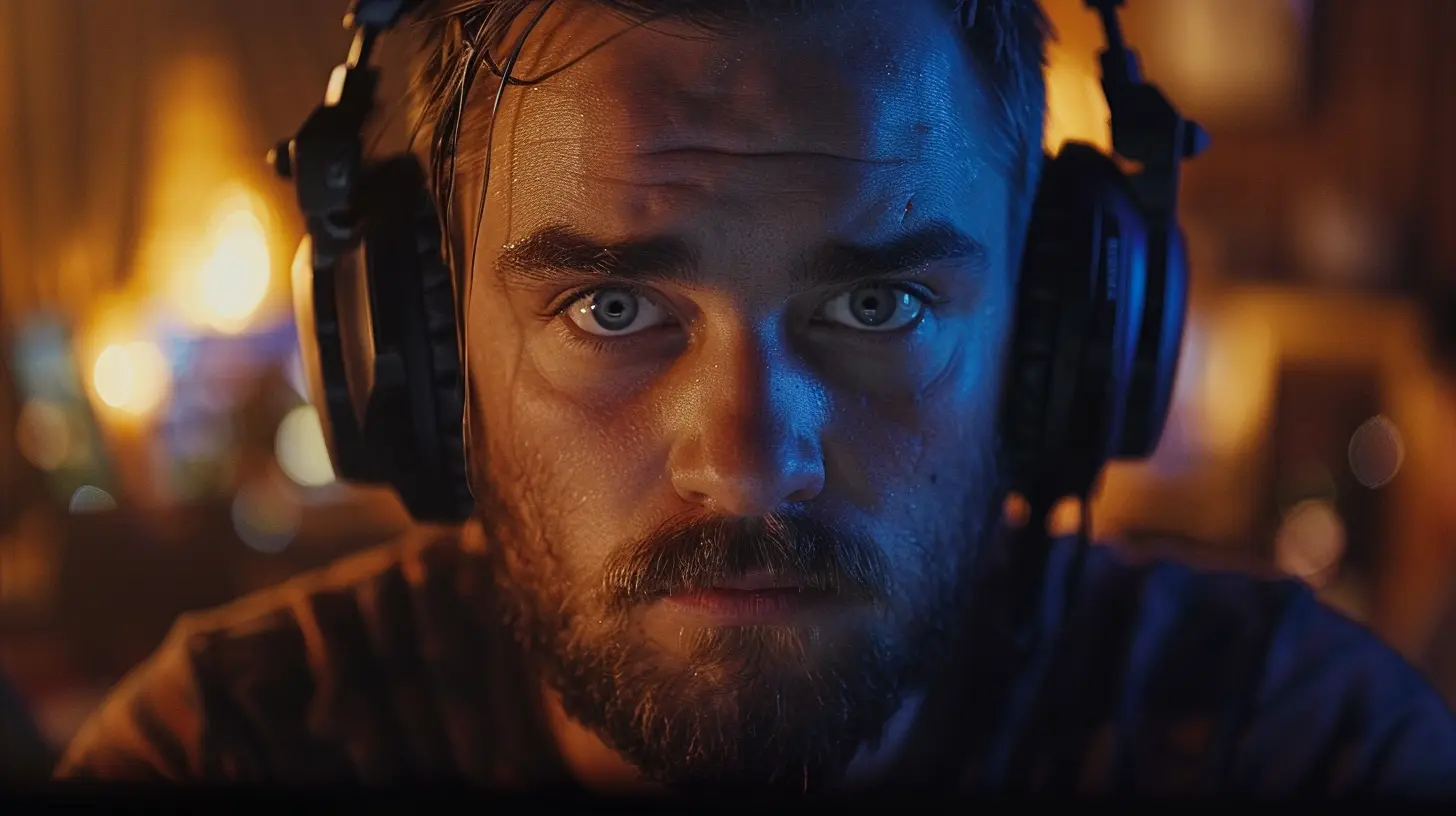
The Role of the Director
Here’s something most people probably don’t realize: behind every great voice acting performance is a director calling the shots. Think of them as a coach on the sidelines, except instead of yelling at players to run faster, they’re guiding actors to hit the emotional beats just right.Directors work tirelessly, tweaking line deliveries until they’re perfect. “Can you make that sound more sarcastic?” “How about a bit more fear in your voice?” “Let’s try that again, but this time, like your pet goldfish just died.” It’s a collaborative process that can take hours for just a few seconds of dialogue.
Fun fact: some actors will record the same line dozens (yes, dozens) of times to get it just right. And let’s not even talk about the combat noises—that’s a full-on workout in itself. Imagine grunting, screaming, or growling over and over again for an hour straight. Exhausting, right?
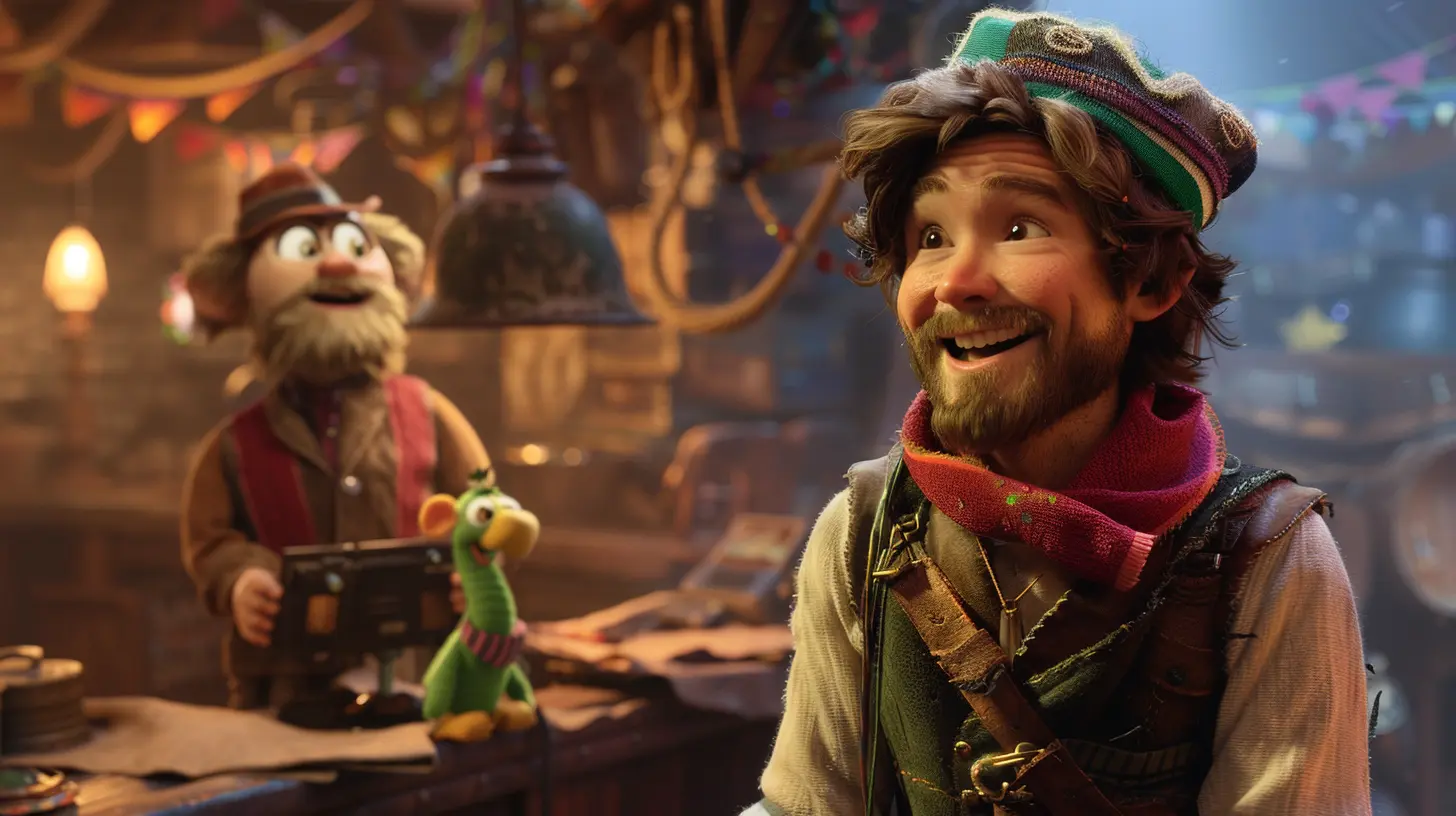
When Motion Capture Joins the Party
If you thought voice acting was tough, wait until you hear about performance capture. This is when things get really interesting. Performance capture (or “mocap,” for short) is a bit like acting on a really weird, futuristic stage. Actors wear skintight suits covered in little dots (think: polka-dotted pajamas) and act out scenes while cameras record their every movement.Voice actors who do mocap aren't just providing their voices—they’re lending their physicality to the role, too. That means every head tilt, eyebrow raise, or dramatic hand gesture you see on-screen? Yeah, that’s them. It’s all part of their performance.
But it’s not as glamorous as it sounds. Imagine trying to deliver an emotional monologue while wearing a helmet with a camera pointed at your face, surrounded by a green screen. Not exactly what you'd call "immersive," but these actors make it look seamless.
Challenges in the Industry
The voice acting world isn’t all glitz and glamour, though. In fact, it’s riddled with challenges. For starters, it’s a highly competitive field. Everyone who’s ever held a microphone and thought, “I can talk in funny voices!” is vying for a limited number of roles. Spoiler alert: not everyone makes the cut.Then there’s the issue of recognition (or lack thereof). Most voice actors don’t get the same fame and accolades as Hollywood stars, even if their performances are equally—if not more—impactful. Sure, hardcore gamers might recognize names like Troy Baker or Jennifer Hale, but outside of gaming circles? Crickets.
And let’s not forget the physical toll. Recording sessions can last anywhere from a few hours to an entire day, and shouting, screaming, or growling repeatedly can strain vocal cords. Some voice actors even end up with temporary voice loss—ouch.
Lastly, there’s the pressure to deliver. Video games generate insane amounts of revenue these days—think billions of dollars. When you’re dealing with a multi-million (or billion) dollar project, there’s not much room for error. Actors need to nail their performances, and the stakes can be sky-high.
The Rewards of The Craft
So why do voice actors do it? Why put up with the long hours, vocal strain, and relative anonymity? Simple: passion. Most voice actors genuinely love what they do. They get to bring stories to life, create unforgettable characters, and connect with gamers on an emotional level. It’s not just a job—it’s an art form.Plus, there’s something incredibly satisfying about hearing your voice in a game and knowing that you helped make those pixels on the screen feel human. It’s the kind of thing that fuels careers and keeps actors coming back for more.
How Voice Acting Impacts the Gaming Experience
Let’s bring this back to you, the gamer. Ever notice how much more engaging a game feels when the voice acting is top-notch? Great voicework can elevate a good game to greatness. It makes you care about the characters and the world they inhabit. Bad voice acting, on the other hand, can completely pull you out of the experience. (Looking at you, early 2000s RPGs.)Think of voice acting as the glue that holds a game’s narrative together. Without it, cutscenes feel flat, emotional beats don’t land, and characters seem lifeless. That snarky rogue who you love to hate, or the wise old mentor who always has your back—they rely on talented voice actors to make their personalities shine.
The Future of Game Voice Acting
As video games continue to evolve, so does the world of voice acting. We’re already seeing advancements in technology, like AI-generated voices and real-time voice modding. But don’t panic—human voice actors aren’t going anywhere. Sure, AI might be able to mimic voices, but it can’t replicate the raw emotion and nuance that only a real person can provide.In fact, the future looks bright for voice actors. With the rise of indie games and VR experiences, demand for quality voice acting is higher than ever. And who knows? Maybe the next time you pick up a controller, you’ll recognize a voice from your favorite animated series or podcast.
Wrapping It Up
From script to screen, the journey of game voice actors is both challenging and rewarding. It’s a process that requires talent, dedication, and a whole lot of heart. So the next time you boot up your favorite game, take a moment to appreciate the voices behind the characters. After all, they’re the ones turning lines of text into unforgettable experiences.all images in this post were generated using AI tools
Category:
Voice Acting In GamesAuthor:

Whitman Adams
Discussion
rate this article
2 comments
Mason McGrath
Absolutely loved this article! 🎮🌟 The journey of game voice actors is so inspiring. Their talent truly brings characters to life! Can’t wait for more!
October 21, 2025 at 4:23 PM

Whitman Adams
Thank you! I'm glad you enjoyed it! Voice actors truly have an incredible impact on the gaming experience. Stay tuned for more insights! 🎤✨
Damian McTavish
Voices bring games to life—cheers to talent!
July 23, 2025 at 4:20 AM

Whitman Adams
Thank you! Absolutely, voice actors truly elevate the gaming experience with their incredible talent!

